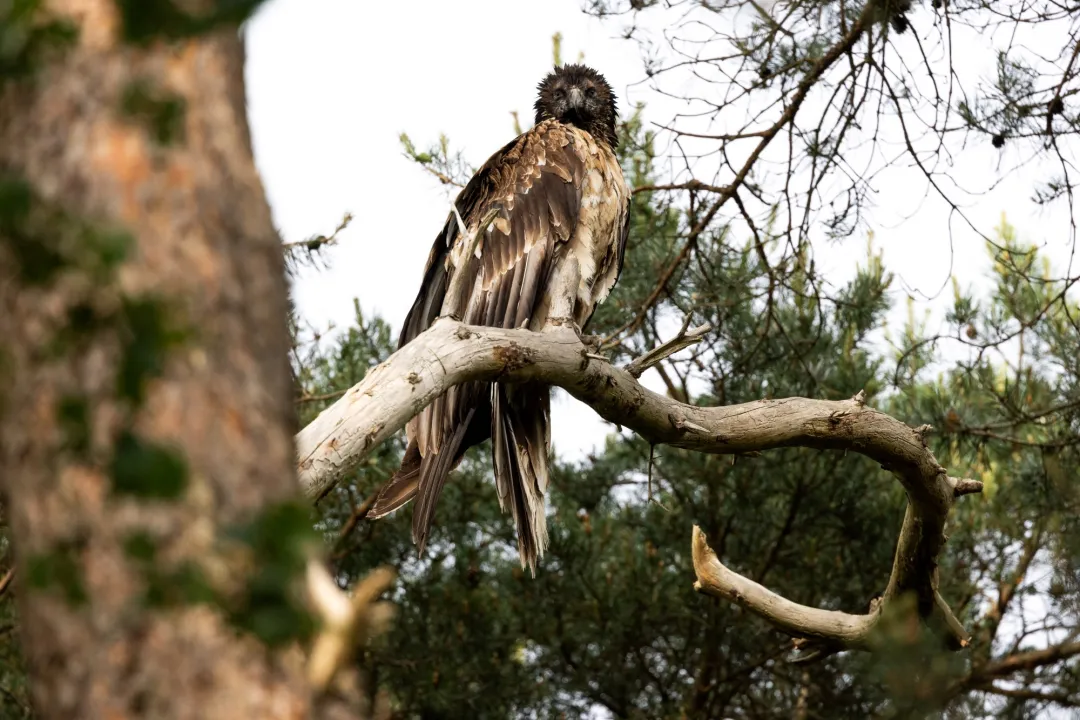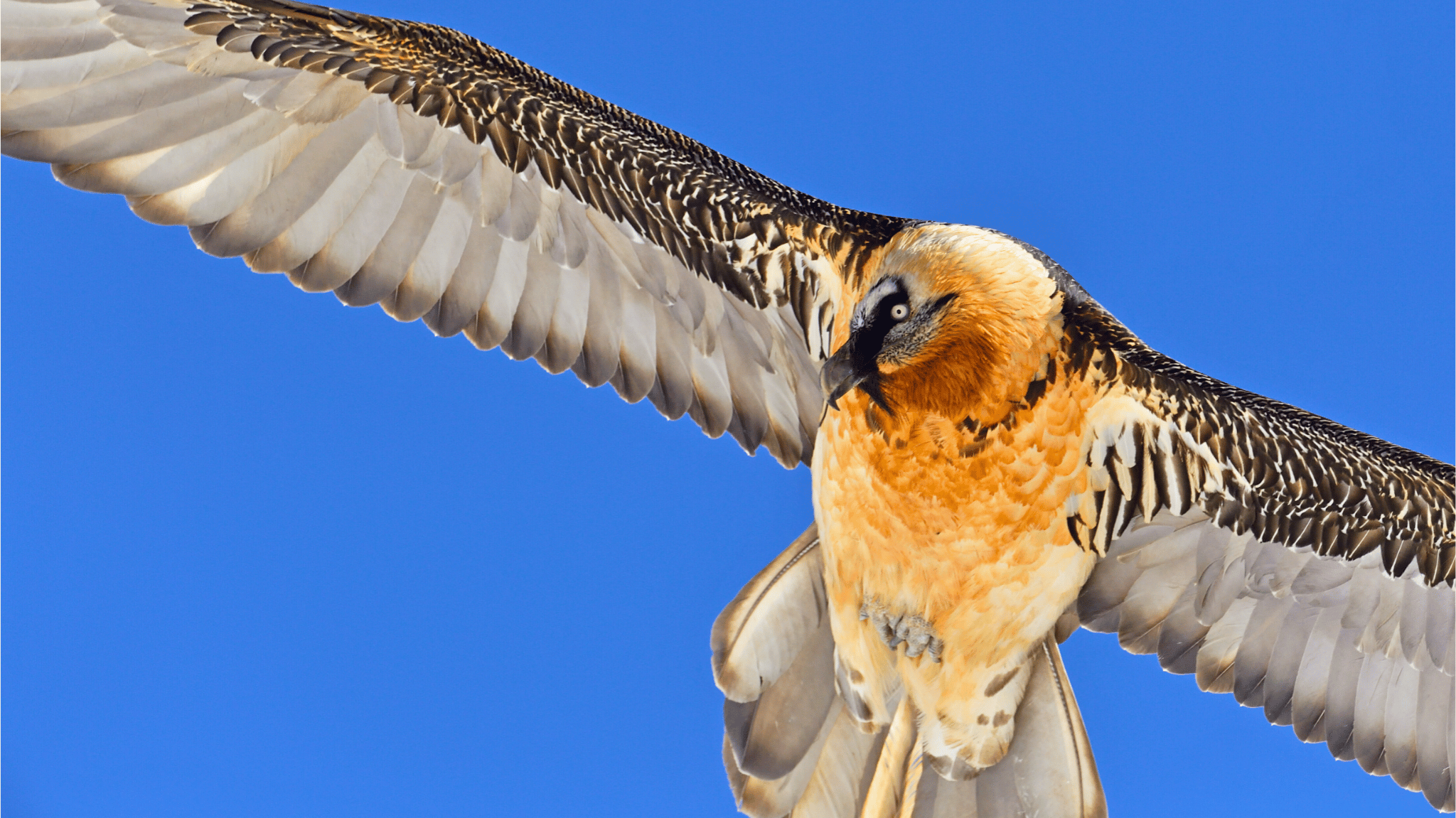The hatching of two captive-bred bearded vultures in the Wildlife Rescue Centre of Green Balkans in the last few weeks marks a momentous milestone for the restoration of vultures in the Balkans.
The baby bearded vultures were born in captivity, from a pair that belongs to the bearded vulture captive breeding network (EEP), managed by the VCF, and kept in the centre in Stara Zagora in Bulgaria.
Bearded vultures have disappeared from Bulgaria 60 years ago, and finally got extinct from the Balkan Peninsula in the early 2000s, when the last pairs in Greece and Macedonia disappeared.
The VCF and Green Balkans aim one day to bring the species back, and so a first project to reintroduce the griffon vulture to the Central Balkan Mountains has started. This allowed Green Balkans to acquire the expertise needed for reintroduction projects, and also deal with some of the most acute threats threatening vultures in the Balkans. Now that griffon vultures are breeding again in several places in the central mountain range, the Green Balkans and the VCF are embarking in an exciting project to reintroduce the black vulture (Vultures back to LIFE project). One day, still distant in the future, will be the turn of the bearded vulture, and this is indeed where these two chicks enter the scene.
The adult pair was given to Green Balkans by the VCF back in 2007. For nine long years the team of Green Balkans has been patiently expecting a good result – that finally came this year. Two eggs were laid, and as both were fertile, two beautiful baby bearded vultures hatched in the last few weeks. The first baby is being reared by its parents in the centre in Stara Zagora, but the second baby was yesterday transferred to the captive breeding unit in Austria to be adopted by a foster pair – bearded vultures only raise one chick, so this adoption process is absolutely necessary.
The 4 day old chick travelled about 1500km, first by car from Stara Zagora to Sofia, then by plane to Vienna, and had to face inquisitive airline staff, curious custom officials, always under the attentive care of its guardians, who fed him regularly on the road (see video). Depending on the sex, which is now being determined, it may be kept for captive breeding, or be released later this Spring in one of the reintroduction projects coordinated by the VCF (Alps, Grands Causses and Andalusia).
The VCF would like to thank all the dedicated staff from Green Balkans who did a great job taking care of this chick (and it´s sibling).
Photos: VCF



